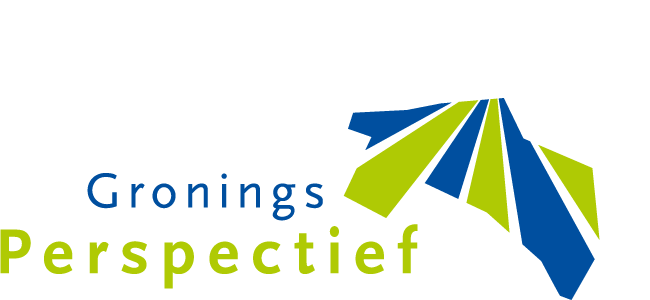Gas extraction policy causes long-term stagnation to the lives of Groningers
Why do so many residents of the Groningen earthquake zone feel chronically unsafe? And how do the structural reinforcement efforts affect them? The Gronings Perspectief research project conducted a survey among 3,917 inhabitants of Groningen, as well as interviewing residents and professionals. While the problems that residents face continue to accumulate, policy measures ignore these problems. Structural reinforcements aggravate rather than relieve the problems in the short term, causing stagnation in the lives of residents. These are the conclusions that Dr Arie Kapteyn and Prof. Ton Postmes of the University of Groningen have drawn from research as commissioned by the National Coordinator Groningen.
Residents had just started to feel a little safer again when an earthquake struck Westerwijtwerd on 22 May 2019. Even before that date, however, around 40-50% of residents who had experienced multiple instances of damage felt permanently unsafe due to the ongoing uncertainty, the slow handling of damage claims and a lack of solutions to their problems. Official bodies are not offering them what they need. Stroebe: ‘We are witnessing the disruption of the lives of people who won’t be able to relocate for many years, who have financial worries or who have been fighting unequal and endless battles with official bodies. Increasing numbers of residents can no longer cope due to stress, while additional measures have been lacking so far. The present policy measures fail to address the practical problems that residents face: the gradual reduction of gas extraction and the structural reinforcements may turn out to be effective solutions in 10 years, but the residents are experiencing real problems today.’
Structural reinforcements
Interviews reveal that the structural reinforcements are disrupting residents’ lives. It takes years for these reinforcements to be put into place, and all this time, residents’ lives are stagnant as they depend on ever-changing decision-making. Once the reinforcements have started, residents are relieved and collaboration with the official bodies is generally good, but the extra strain that this puts on residents poses a risk. Residents and professionals identify the same problems: the approach is too complex, with too many organizations and organizational layers slowing down the decision-making process. Stroebe: ‘We are deeply concerned about the strain that structural reinforcement puts on residents. Residents and community leaders should have more of a say in planning and decision-making. The reinforcements need to be put in place faster, less as a top- down procedure and in a much simpler way.’
Hope
So, what keeps these residents from losing faith? Residents who have experienced multiple instances of damage remain hopeful as long as their lives don’t revolve around earthquakes alone. Particularly at this stage, residents and communities benefit from having other activities to focus on. This emphasizes the importance of investing in the quality of life, associations and clubs and residents’ initiatives.
About Gronings Perspectief
Gronings Perspectief is a collaboration between the University of Groningen, the Groningen Municipal Health Service (GGD) and the Groningen Social and Cultural Planning Office. The researchers are assisted by a supervisory committee comprising the relevant municipalities, the local health authority, the Groninger Bodembeweging (a special interests group), the Groninger Gasberaad (a cross-sectoral collective of social organizations), the National Coordinator Groningen, the Province of Groningen, the Veiligheidsregio (safety region) and the Association of Groningen Villages, as well as scientific experts.
Since 2016, a team led by Dr Stroebe and Prof. Postmes has been studying the health, sense of safety and prospects of the residents of all municipalities in the Province of Groningen as commissioned by the National Coordinator Groningen. Since then, a panel of Groningen residents has filled out questionnaires about safety, health and prospects seven times. This report is part of the second phase of this study. The Phase 1 and Phase 2 findings of Gronings Perspectief have been outlined in various academic reports and have been published online on groningsperspectief.nl.

Information
The website groningsperspectief.nl contains further information, alongside the research report.
For more information, please contact Justin Richardson of Gronings Perspectief on 06 – 46294540 or Jorien Bakker, UG spokesperson, on 06-11800452.
| Last modified: | 20 June 2024 07.56 a.m. |
More news
-
24 March 2025
UG 28th in World's Most International Universities 2025 rankings
The University of Groningen has been ranked 28th in the World's Most International Universities 2025 by Times Higher Education. With this, the UG leaves behind institutions such as MIT and Harvard. The 28th place marks an increase of five places: in...
-
05 March 2025
Women in Science
The UG celebrates International Women’s Day with a special photo series: Women in Science.
-
16 December 2024
Jouke de Vries: ‘The University will have to be flexible’
2024 was a festive year for the University of Groningen. In this podcast, Jouke de Vries, the chair of the Executive Board, looks back.
